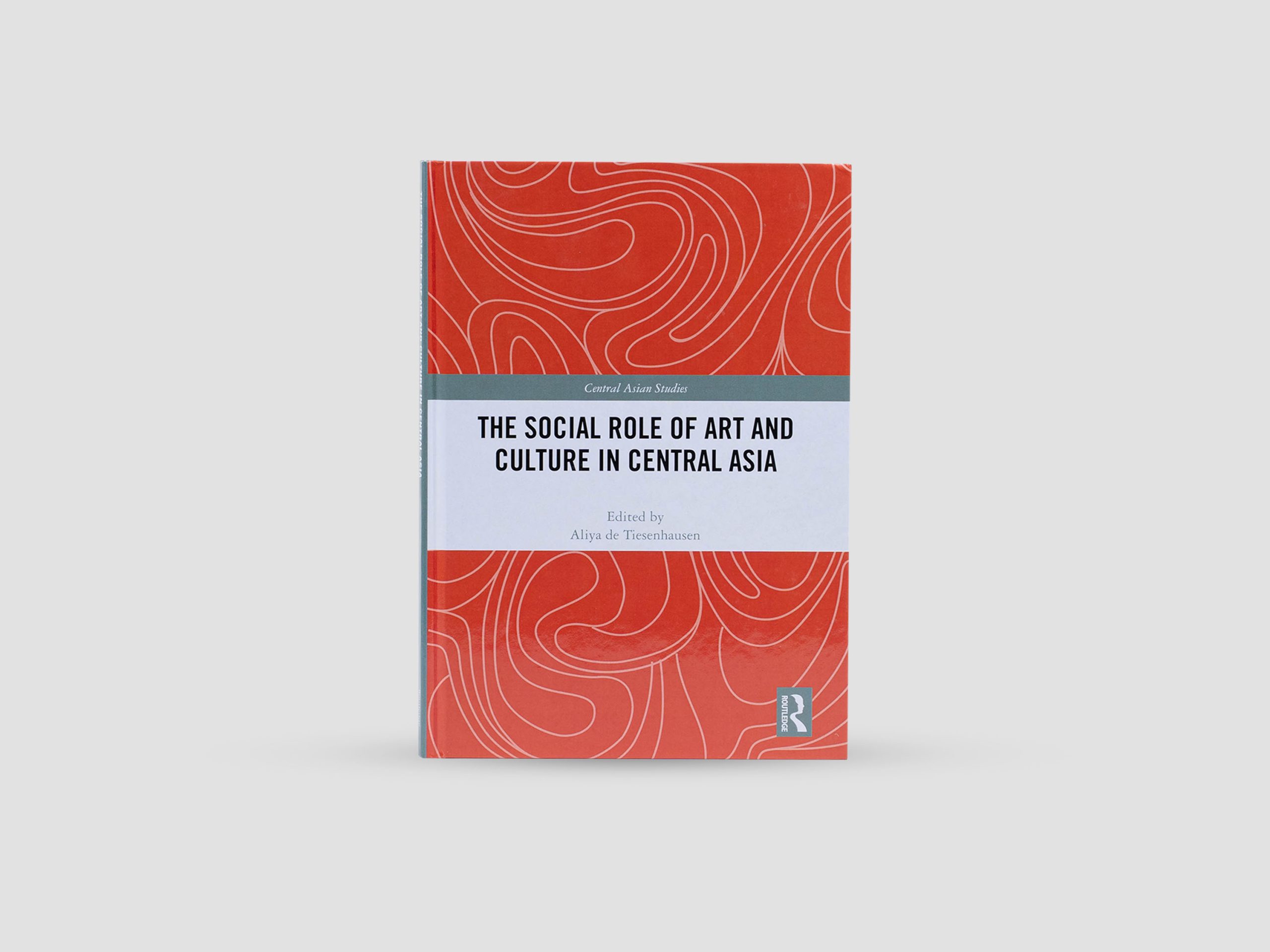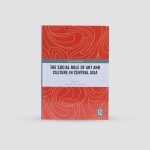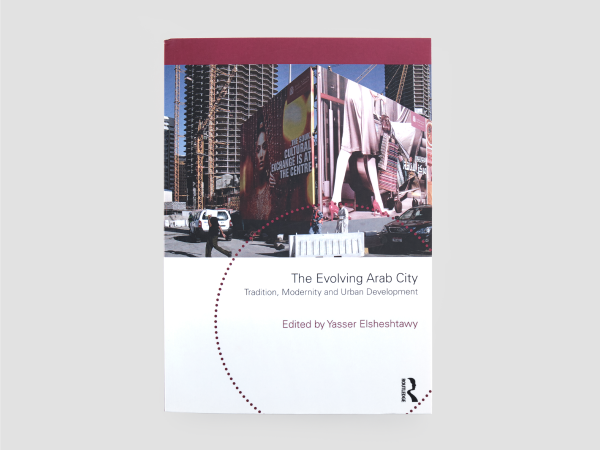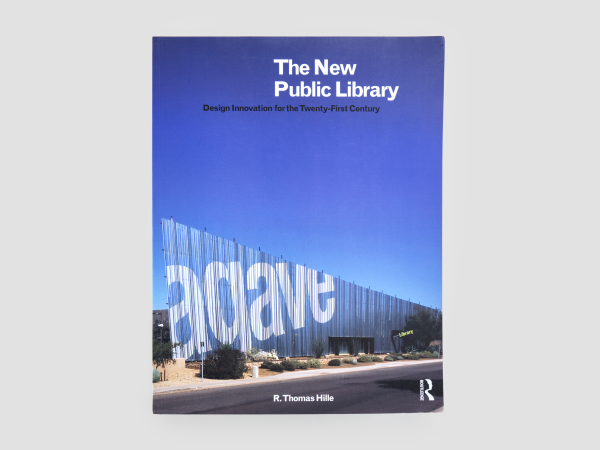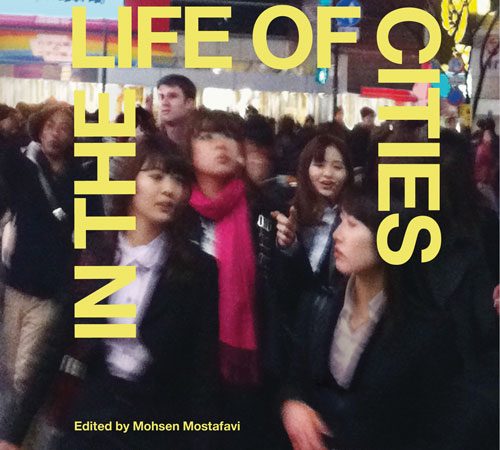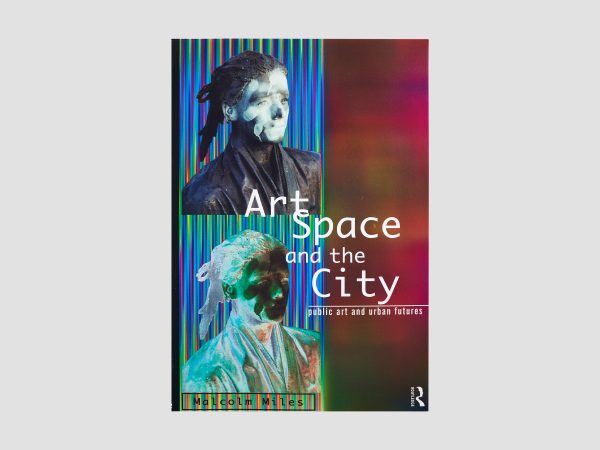Influenced by the golden ages of its history – from the ancient Scythians, through the glory of the Persians and Turks, and shaped by the Russian and later Soviet imperial powers – the region is revealed as exotic, dramatic, and universally topical. Contributions come from scholars and participants in the Central Asian cultural scene who specialise in different, often isolated, spheres. Their unifying theme is identity and its formation, including national, ethnic, cultural, religious and gender identities.
Art and culture are shown to have active social roles – representing, analysing, questioning and supporting social upheavals and change. Culture is seen as an intrinsic part of society; while being affected by the specific historical context, it does at times affect it in return. From major socio-economic and political shifts, to smaller yet not less potent personal and individual identities, this collection demonstrates we are once again experiencing a time in which culture plays a crucial role in opening minds and facilitating change.
About the Author
Aliya de Tiesenhausen is an independent scholar of twentieth- and twenty-first century Central Asian art. She co-curated Focus Kazakhstan: Post-Nomadic Mind, London, 2018 – the first major exhibition of modern and contemporary art from the country in the UK. She is the author of Central Asia in Art: From Soviet Orientalism to the New Republics, 2016.
About the Publisher
Taylor & Francis is one of the world’s leading academic publishers – and one of its most enduring.
For more than two centuries Taylor & Francis has been committed to the highest quality scholarly publishing, and this remains our goal today. Our purpose is to foster human progress through knowledge – something we’ve been doing since the Enlightenment. We aim to promote a positive future for everyone through our work.
